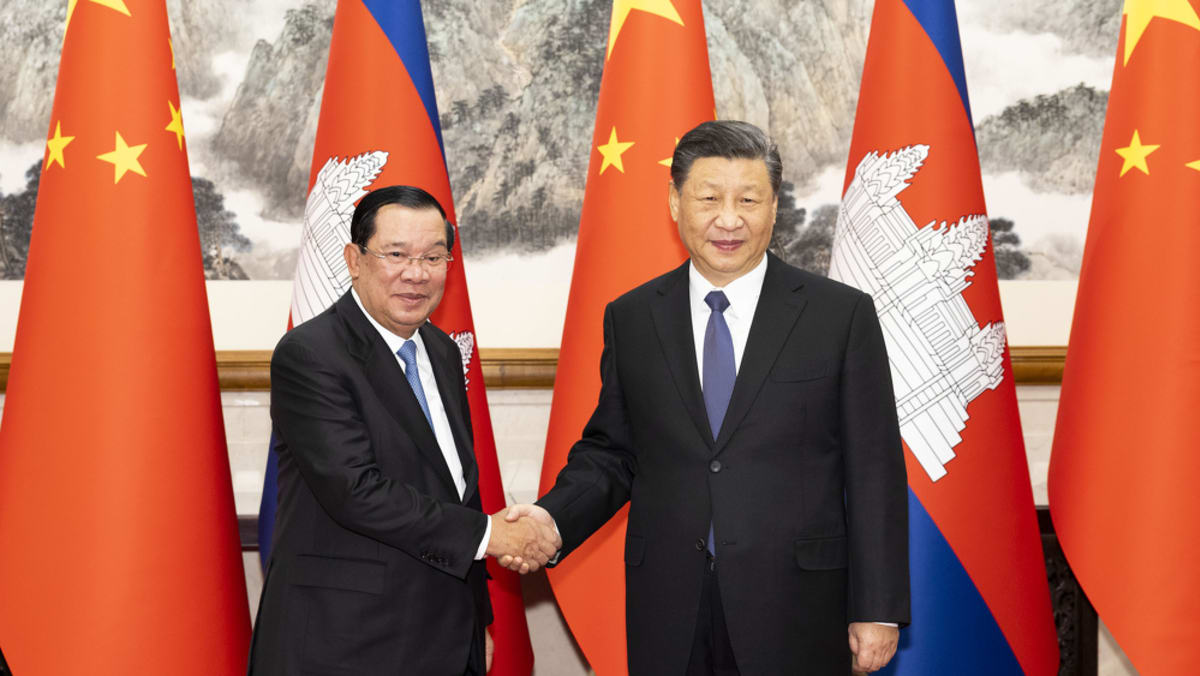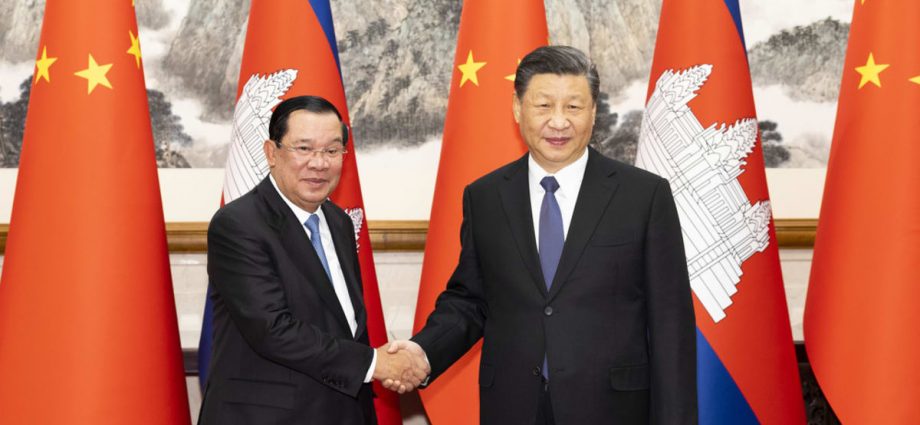
Cambodia’s change in position towards Ukraine was arguably not a hasty decision but was done with a careful strategic calculation of exercising diplomatic independence and domestic interests. The West praised Cambodia over this surprising and bold move. The current Cambodian leadership paving the way for improved relations with the West is excellent preparation for the incoming Hun Manet cabinet.
STRENGTHENING ENGAGEMENT WITH ASEAN
Overall, Hun Sen’s attempt to reduce Cambodia’s dependence on China’s influence seems to have shown some positive results.
First, his leadership and the Cambodia’s People Party’s legitimacy have been shored up with increased popular trust in his foreign policy direction, as the ISEAS survey shows.
Second, China’s economic influence has assisted its socio-economic development in recent years. Even so, the country’s desire for development has not necessarily led to Cambodia’s over-reliance on China.
Other than China, Cambodia’s 2022 free trade agreement with South Korea and the Regional Comprehensive Economic Partnership entry into force are expected to boost foreign direct investment in the country.
Within the current geopolitical context, it is timelier than ever for Cambodia to repair its relations with Western countries and to strengthen its engagement with regional powers other than China for its future economic and security guarantees.
The next generation of Cambodia’s leadership needs domestic and international legitimacy to continue “diversifying” its foreign policy and to show that Cambodia will not put all its eggs in only China’s basket.
Melinda Martinus is the Lead Researcher in Socio-cultural Affairs at the ASEAN Studies Centre, ISEAS – Yusof Ishak Institute. Chhay Lim is a Visiting Fellow at the Center for Southeast Asian Studies, Institute for International Studies and Public Policy, of the Royal University of Phnom Penh. This commentary first appeared on the ISEAS-Yusof Ishak Institute’s blog, Fulcrum.

